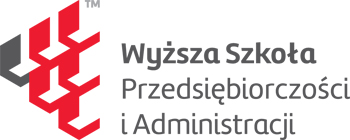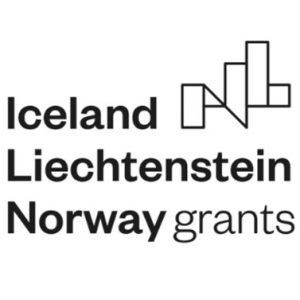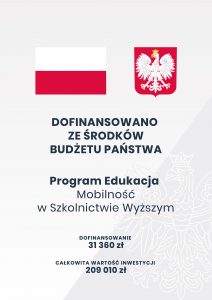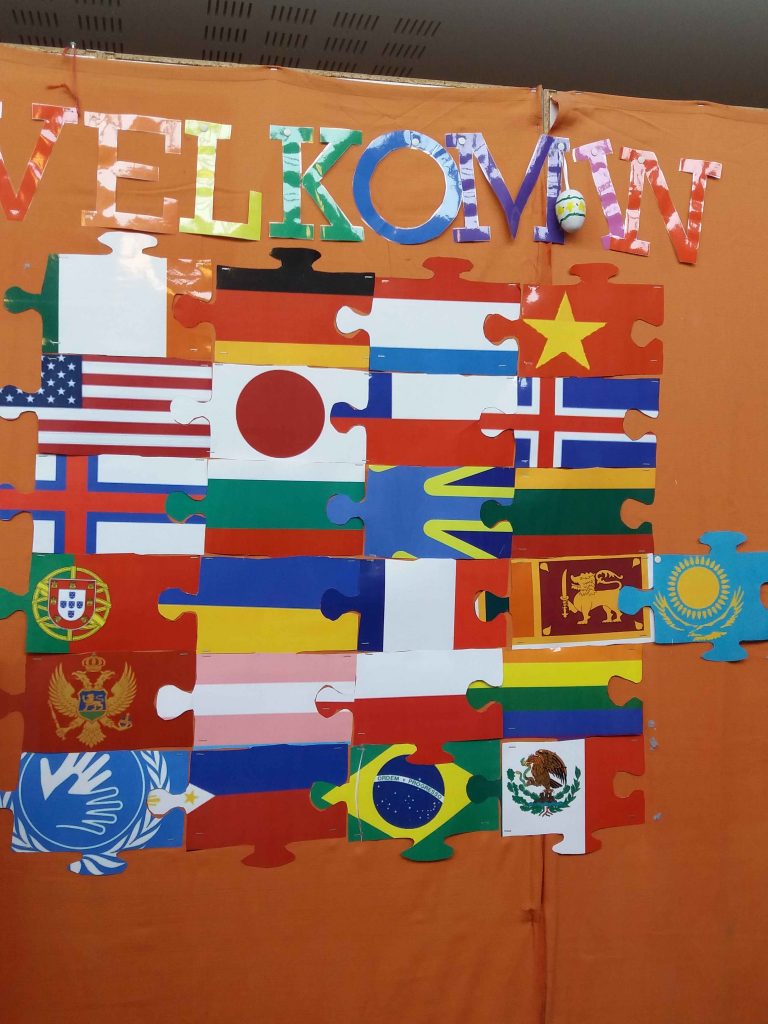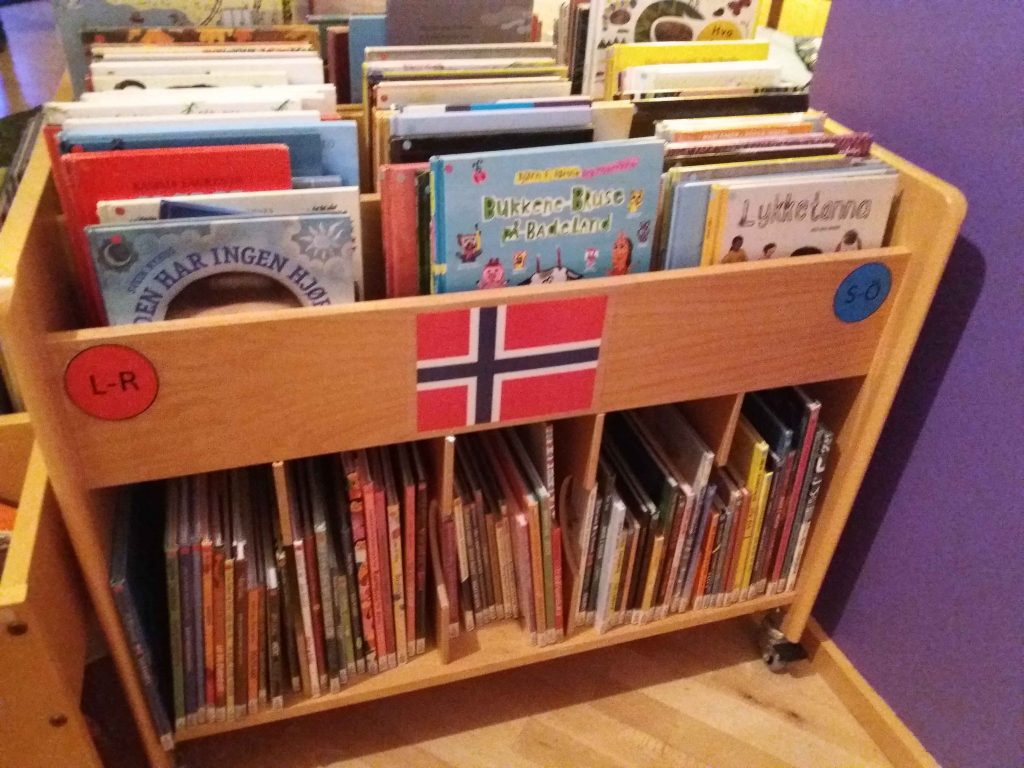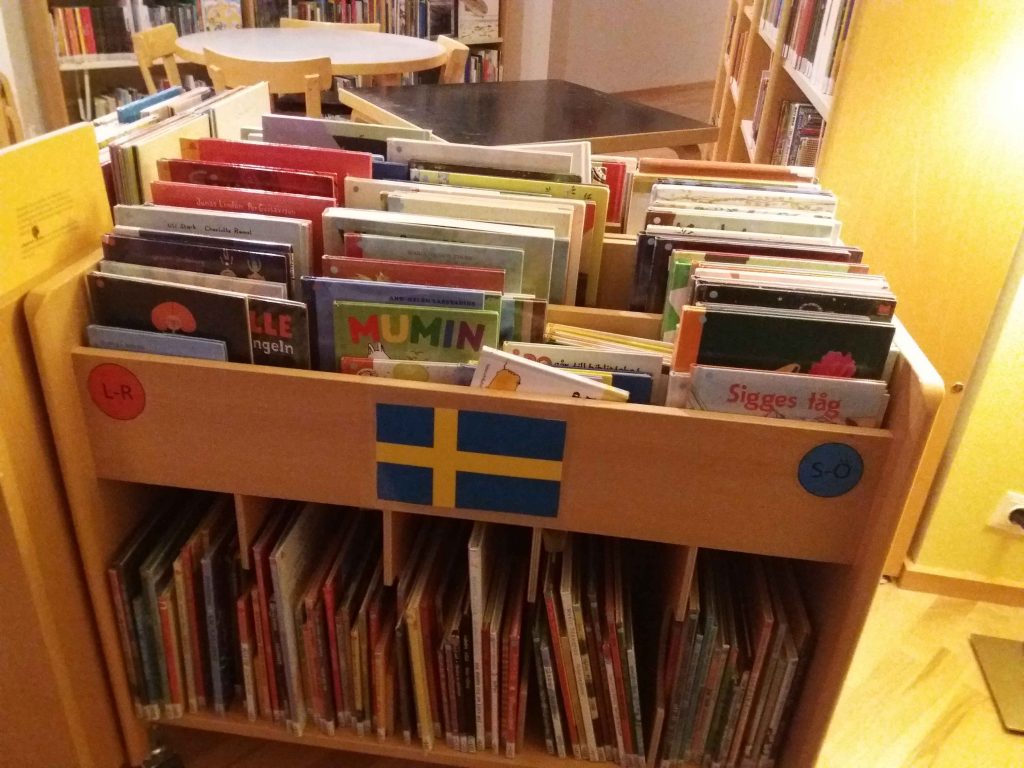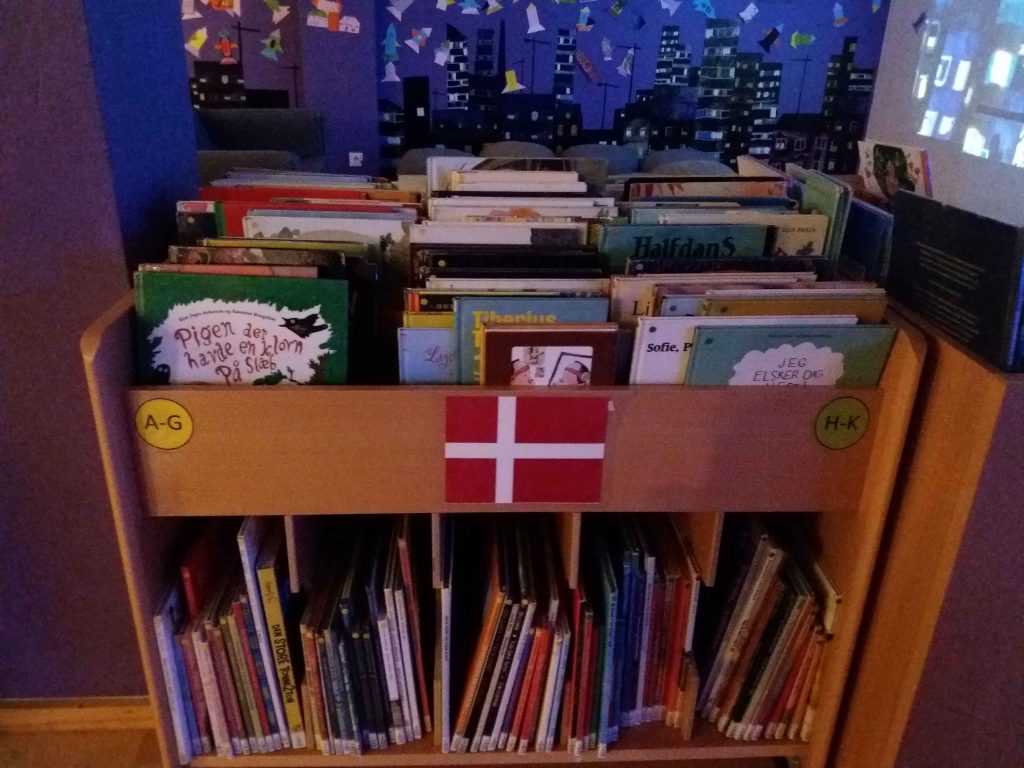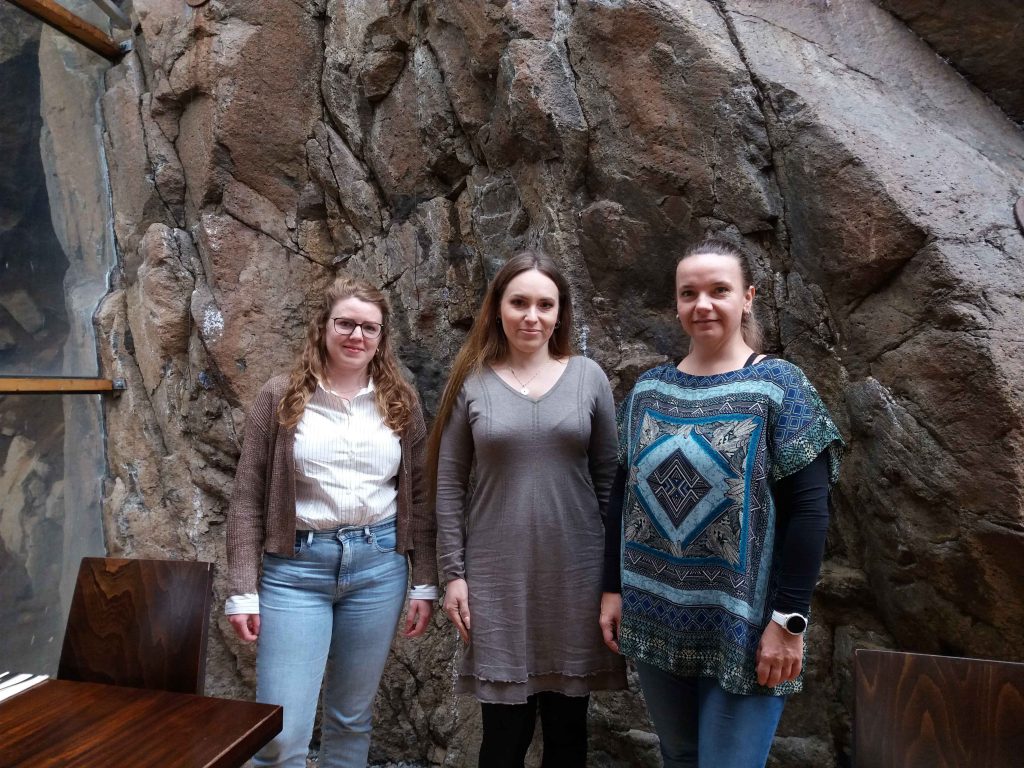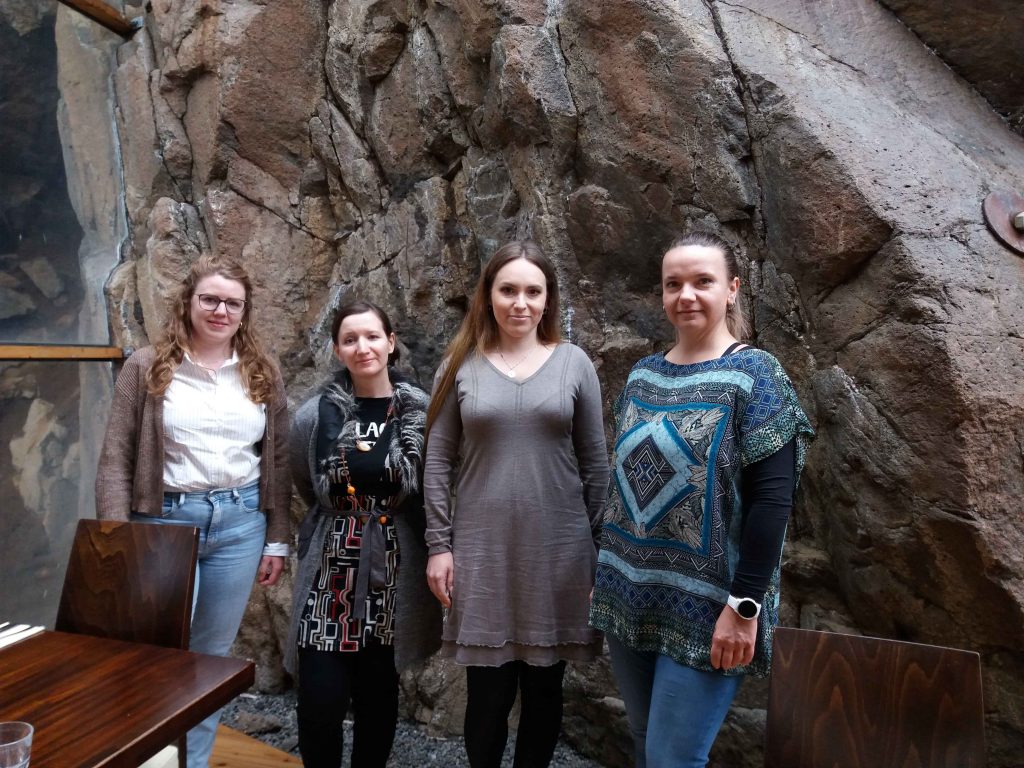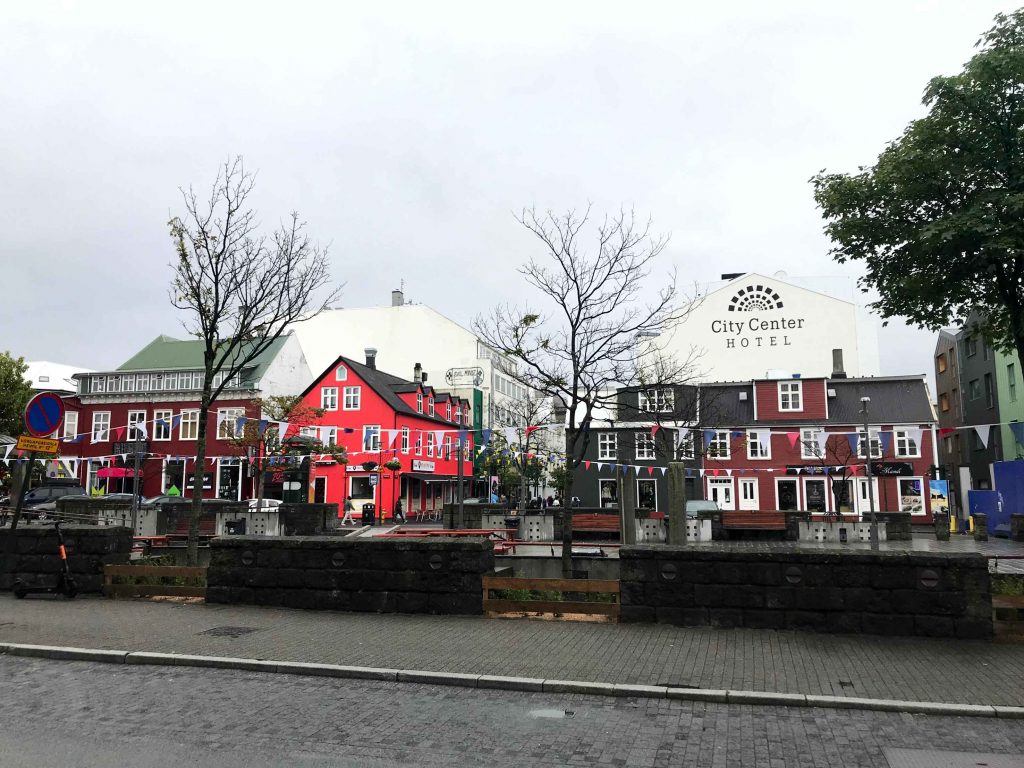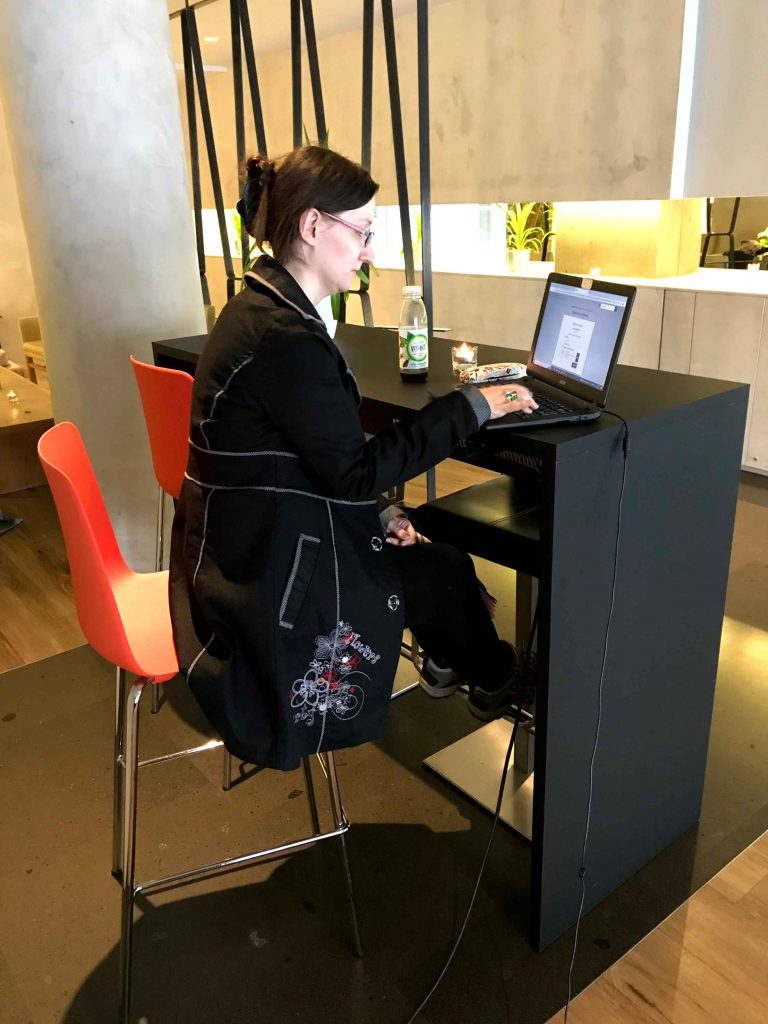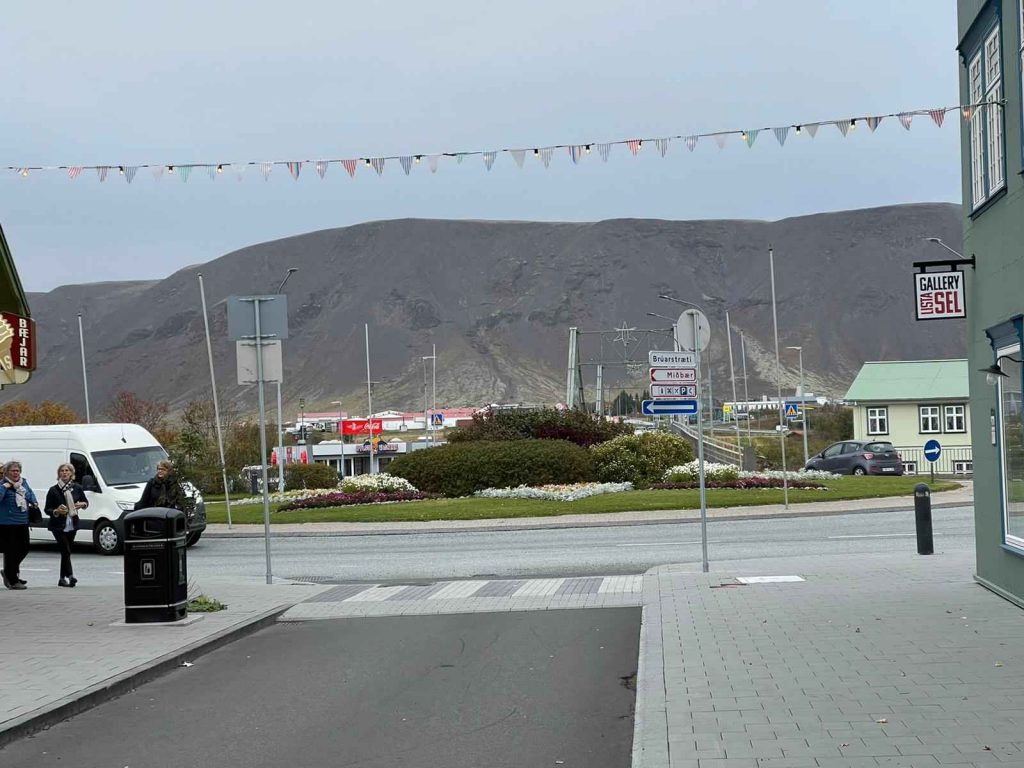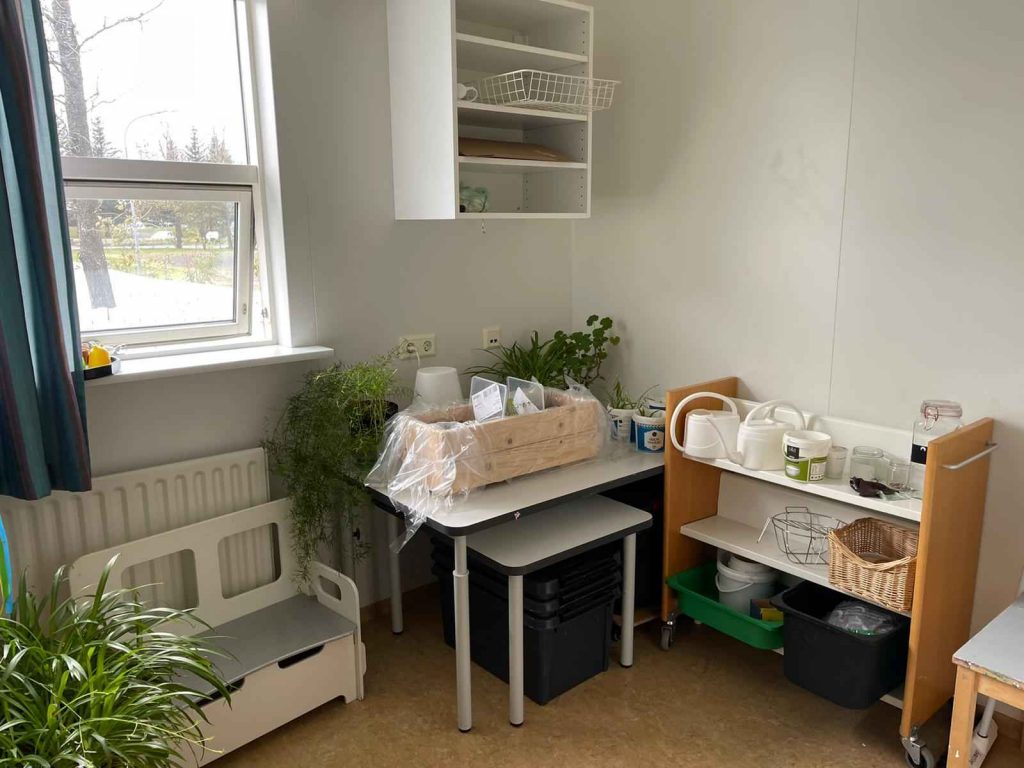Program Edukacja

Wyższa Szkoła Przedsiębiorczości i Administracji w Lublinie realizuje projekty z Komponentu I (Wizyty Studyjne) oraz Komponentu II (Mobilność studentów i pracowników).
Głównym celem Programu Edukacja jest zmniejszenie różnic społecznych i ekonomicznych w obrębie EOG oraz wzmacnianie stosunków dwustronnych między Polską, a Państwami Darczyńcami (Islandia, Norwegia, Liechtenstein) w obszarze edukacji. Działania programowe mają za zadanie wzmacnianie potencjału ludzkiego oraz poszerzanie wiedzy w Polsce.
Operatorem Programu Edukacja jest FRSE.
Działania programowe i obszary priorytetowe:
- edukacja włączająca
- zarządzanie w sektorze edukacji
- rozwój kultury jakości w sektorze edukacji, w tym wewnętrznych systemów zapewniania jakości
- rozwój i promocja sektora VET, z uwzględnieniem dualnego systemu nauczania oraz współpraca instytucji kształcenia zawodowego z pracodawcami
- rozwój poradnictwa zawodowego
- edukacja dotycząca systemu opieki społecznej nad dziećmi („child welfare education”)
W ramach Programu Edukacja mogą być realizowane wyjazdy studentów i pracowników do krajów Państw Darczyńców (Islandia, Norwegia, Liechtenstein)
Wyższa Szkoła Przedsiębiorczości i Administracji w Lublinie realizuje projekt z Komponentu II w Programie Edukacja- Mobilność w szkolnictwie wyższym dofinansowanie wynosi 48 683 EUR i pochodzi od Islandii, Liechtensteinu i Norwegii w ramach funduszy EOG.

Więcej informacji nt. Programu Edukacja: https://education.org.pl/strefa-beneficjenta/informacje-ogolne/opis-programu/
The Education Programme
The University College of Enterprise and Administration in Lublin carry out projects from Component I and Component II.
The main objective of the Education Programme is to reduce social and economic disparities within the EEA and to strengthen bilateral relations between Poland and the Donor States (Iceland, Norway, Liechtenstein) in the field of education. Programme activities are designed to enhance the human potential and to expand knowledge in Poland.
The Education Programme operator is FRSE (Foundation for the Development of the Education System).
Programme activities and priority areas:
- inclusive education
- management in the education sector
- development of the culture of quality in the education sector, including internal quality assurance systems
- development and promotion of the VET sector, including the dual education system and cooperation between vocational training establishments and employers
- development of the career guidance
- child welfare education
As part of the Education Programme, mobility of students and employees to the Donor States (Iceland, Norway, Liechtenstein) may be carried out.
More information about the Education Programme: https://education.org.pl/strefa-beneficjenta/informacje-ogolne/opis-programu/
WHO can go?
Any WSPA student who has an active status of a student (not on dean’s leave or removed from the students’ list) can become a grant holder of the Education Programme at WSPA. The exception in the case of mobility for studies are project students studying free degree courses. Unfortunately, these students can not take part in mobility for studies to the foreign partner universities, but they can take part in summer internships.
Additional requirements:
- being at least 18 years old,
- completed the first year of studies (it applies only to the bachelor studies – students of the master studies can go during the first year),
- knowledge of English or the language of the country you are going to, at least B1 level.
Which COUNTRIES can you go to?
As a grant holder of the Education Programme, you can go to the universities in the European Economic Area countries – Iceland, Lichtenstein and Norway.
FOR HOW LONG can you go?
For a period of 3 to 12 months. The university should send its students for a period which is a certain closed part of the study program, which is easy to pass, e.g. one semester. The exact date of starting studies at a partner foreign university may differ depending on the country and university. The period of study abroad as part of the Education Programme is considered to be an integral part of studies at the home university and should not extend the overall study time.
WHERE to apply for the mobility?
You can apply for a mobility for studies as part of the Education Programme only at your home university. Universities receive funds for student mobility and independently recruit and evaluate candidates, organize mobility and pay grants.
WHICH DOCUMENTS do I need to fill in before the departure?
Before leaving, the grant holder has to fill in the following documents applicable in the Education Programme:
- Application Form
- Learning Agreement
- Grant Agreement
- Language test on-line
- Provide a certificate of active student status
- No arrears in tuition fees.
WHAT IS A Learning Agreement and an Grant Agreement?
A Learning Agreement is an agreement between the student, the host university and the home university that specifies the curriculum of courses which the student is obligated to attend at the host university and the number of ECTS for each subject. The agreement contains a list of subjects that you have to pass at the foreign university in order for your home university to accept and complete the period of study. The agreement must be signed by all three parties before the student’s departure.
A Grant Agreement specifies in detail the terms of the mobility, as well as the payment and settlement of grant (inter alia: duration of stay at the partner university, amount of the grant, method of payment, date of settlement with the home university, etc.) should be signed. Student is obliged to complete all the requirements of the agreement that he signs with WSPA before going abroad.
WHAT TYPE of insurance?
Each grant holder of the Education Program is required to take out insurance in the following scopes: medical expenses (koszty leczenia – KL) and accident insurance (następstwo nieszczęśliwych wypadków – NNW), before the departure. Some foreign universities require the grant holders to take out compulsory insurance in situ. To avoid double expenses, find out before the departure what formalities you will need to complete at the host university.
Will the period of study abroad be recognised by the home university?
WSPA guarantees the recognition of the period of study abroad, based on the implementation of the European Credit Transfer and Accumulation System (ECTS).
The home university is obliged to recognise the period of studies at the partner university as equivalent to the period of studies at the home university, provided that the student has completed the Learning Agreement, confirmed by the Transcript of Records provided in a timely manner.
The host university is not allowed to charge any tuition fees (e.g. entry fees, tuition payments, exam fees, etc.) from the students who are a part of the student exchange.
The decision whether the student completed the period of studies at the university is made by the Dean.
The home (sending) university of the student treats the period of studies as completed abroad on the basis of the „transcript of records” issued to the student by the host university and on the basis of a document confirming the stay at the host university, specifying the starting and end time of the stay.
The ECTS grades obtained by the student and confirmed in the „transcript of records” will be transferred by the home university into the grades used at the home university after the completing of the period of studies abroad, in accordance with the principles of the ECTS system.
The Learning Agreement guarantees the transfer of credits obtained for the classes completed by the student. After returning, formalities related to the awarding of credits will be handled by the competent authorities of the home university.
IMPLEMENTATION OF MOBILITY FOR STUDIES DURING THE COVID-19 PANDEMIC
If the full-time studies at foreign universities are not available due to the epidemic situation, the following forms of implementation of the curriculum are allowed:
- online mobility – student has to complete at least 20 hours of online studies at the host university, completing them in the destination country (Norway, Iceland, Liechtenstein)
- hybrid form – student must complete at least 5 working days at the host university, the other classes will be held online.
The mode of teaching that will apply to a given student is determined by the university, depending on the available options and the prevailing epidemic situation.
See link below for the information about the amount of grant:
https://education.org.pl/nabory_archiwum/komponent-ii-mobilnosc-w-szkolnictwa-wyzszym/#stawki-mobilnosc-studentow-4

















